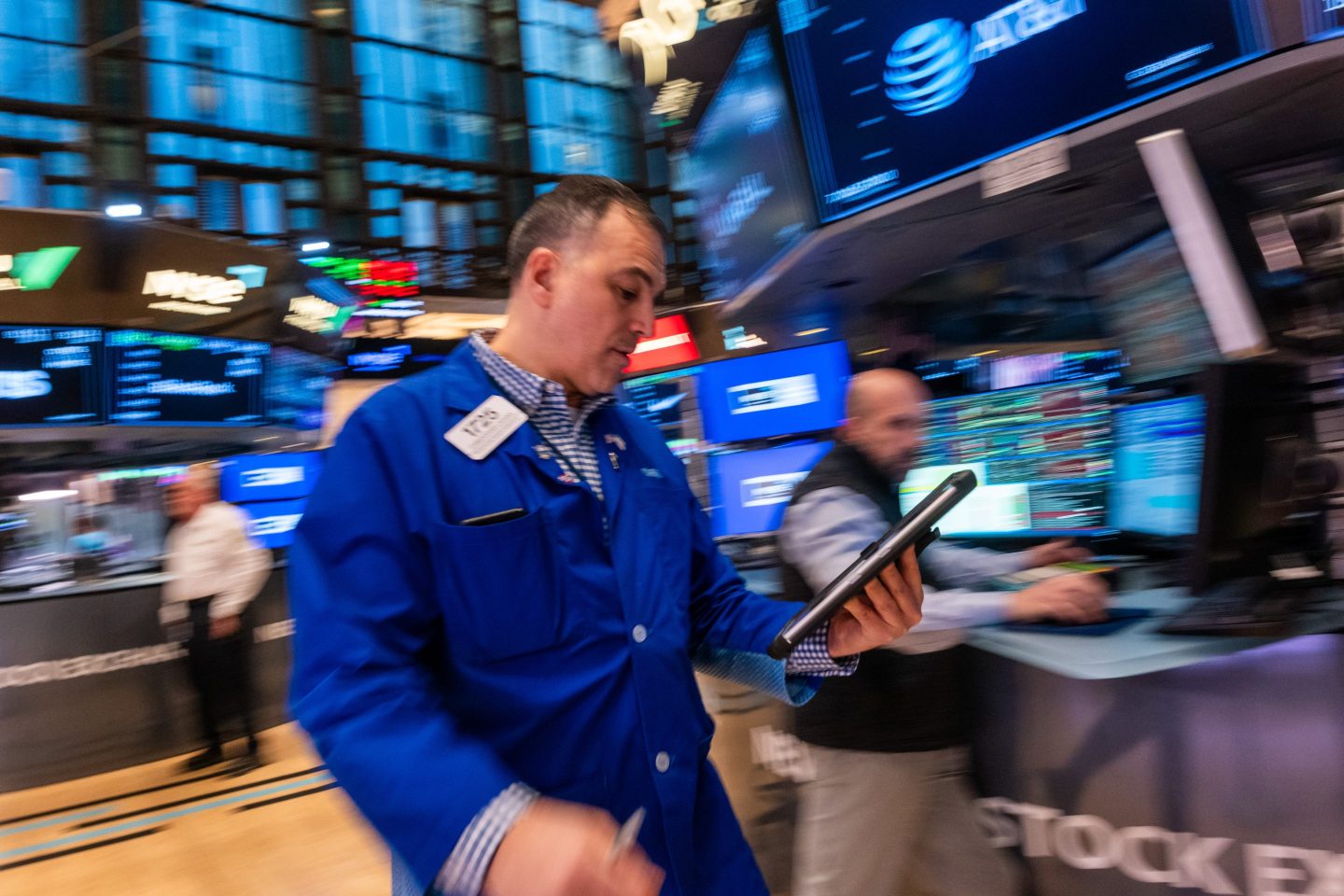FORTUNE — Congratulations, taxpayers. Your Citigroup bailout is finally over.
On Monday, the Federal Deposit Insurance Corp. said it was selling $2.4 billion in Citi bonds. The bank debt is the last remaining piece of Citi (C) that is owned by any government agency tied to the bailout of the firm in the wake of the financial crisis five years ago. The FDIC got the bonds in return for insurance it provided Citi in late 2008 against losses on $301 billion worth of toxic investments.
Citi wanted the government backstop because investors were concerned the bank wouldn’t have enough money to cover its mortgage-related losses at the height of the financial crisis. But despite taking out the insurance, Citi never actually asked the government to cover any losses on the portfolio. So the debt sale is pure profit for the FDIC.
MORE: It’s time for Italy to say goodbye to Berlusconi
The Citi bailout has long been considered a success. The government surely made money on it.
The government has already netted about $13 billion on the Citi bailout. It put $45 billion into the troubled bank at the height of the financial crisis in exchange for preferred and common Citigroup stock. The government got about $57 billion for that stake, selling the last of it in mid-2011. On top of that, earlier this year, the Treasury Department received nearly $900 million for the insurance it provided Citi on its troubled portfolio. The current sale would bring the government’s overall profit on the Citi bailout to nearly $15.5 billion.
But the question is whether profit is the best gauge of a bailout’s success.
In early 2009, when the bailout didn’t seem to be working out, Obama officials considered fully taking over Citi and other troubled banks, nationalizing them. That reportedly was the approach Larry Summers, who now appears to be Obama’s top choice to take over the top job at the Fed, favored.
The argument against nationalization was: One, that it would be a long time, if ever, before the government could get out. Two, the U.S. would lose a lot of money. And three, investors would rush from other banks, fearing further nationalizations, and the system would collapse anyway.
MORE: Wall Street bonuses top 2009
The system, of course, didn’t collapse. So if that is the measure, bailouts win. But Citi’s bailout still took five years. And Citi has wallowed for much of the past five years as the nation’s most troubled large bank. It lends a quarter less than it did before it was bailed out.
Nationalization is essentially what we did with Fannie Mae and Freddie Mac, and amazingly those two firms look close to returning all the money the government gave them as well. What’s more, Fannie and Freddie were instrumental in the recent housing turnaround, given that the two government-backed firms guarantee nearly all new mortgages these days.
The main concern about the bailout was that it would produce so-called zombie banks — banks that were still around but continuously shrinking. Five years later, they appear to be better off than undead. Citi has recently has been showing signs of a turnaround. But lending has only started to rebound in the past year or so. And nearly all of the uptick has been in business lending. Many consumers are still having a hard time getting new loans. And you could argue that less lending in the wake of the U.S. huge credit-fueled housing bubble makes sense. But bank lending as a percentage of deposits is near an all-time low. So that might not be the best outcome either. The lack of lending could be one reason the recovery has been slow.
MORE: The credit crunch is officially over
The other concern was that after receiving bailouts, banks would take on more risks knowing that the government would be there to bail them out. And indeed, there are some signs that banks are again dabbling in risky financial products, though probably not nearly as risky as subprime mortgage CDOs, at least not yet.
But hey, we didn’t lose money on Citi, and we are out. Happy fifth financial crisis anniversary everyone.











